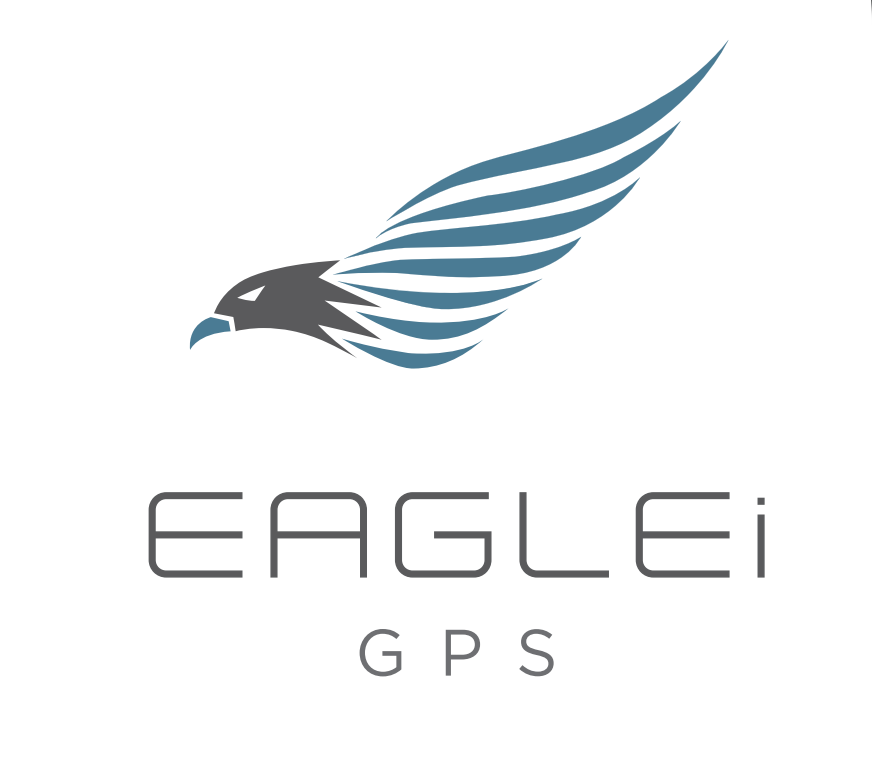The Future of AI Agents in 2025: Transforming GPS Fleet Tracking Systems
Artificial Intelligence (AI) agents are transforming industries across the globe in 2025, offering a level of intelligence, autonomy, and adaptability that traditional systems cannot match. In the world of fleet management, AI agents are set to revolutionize GPS tracking systems, offering new capabilities that optimize operations, enhance safety, and reduce costs. This blog explores the advancements of AI agents, their unique benefits for fleet management, and how they accomplish tasks beyond the capabilities of traditional systems.
What Are AI Agents?
AI agents are autonomous software systems capable of perceiving their environment, analyzing complex data, and executing tasks to achieve defined objectives. Unlike traditional systems that rely on pre-programmed rules, AI agents learn from data, adapt to new conditions, and make decisions independently. This capability is critical for dynamic industries like logistics, where real-time adaptability and efficiency are paramount.
Advancements in AI Agents for 2025
1. Self-Learning and Adaptability
AI agents leverage machine learning (ML) algorithms to continuously improve their performance. For example, in fleet management, these agents analyze historical and real-time data to refine their decision-making over time. Traditional systems, on the other hand, lack this ability and require manual updates to respond to new scenarios.
2. Proactive Problem Solving
AI agents identify potential issues before they escalate. In a GPS fleet tracking system, this means predicting maintenance needs, anticipating delays, and rerouting vehicles to avoid bottlenecks. This level of proactivity ensures smoother operations and fewer disruptions.
3. Collaboration Between AI Agents
One of the most exciting advancements in 2025 is the ability of AI agents to collaborate. For instance, in a large logistics company, AI agents managing different fleet segments can share data and coordinate activities, ensuring seamless operations across the board.
4. Integration with IoT
AI agents work in tandem with Internet of Things (IoT) devices to gather and analyze data from vehicles, cargo, and the environment. This synergy enables a higher level of operational precision, from monitoring tire pressure to assessing engine performance.
How AI Agents Enhance GPS Fleet Tracking Systems
GPS fleet tracking systems have long been a cornerstone of modern fleet management, but AI agents elevate them to a new level by overcoming the limitations of traditional systems.
Dynamic Route Optimization
- Traditional Systems: Provide static routes based on pre-determined maps. Adjustments require human intervention.
- AI Agents: Continuously analyze live data, including traffic, weather, and delivery priorities, to optimize routes in real time. If an accident occurs or traffic increases, the system automatically reroutes vehicles to minimize delays.
Predictive Maintenance
- Traditional Systems: Rely on scheduled maintenance or manual monitoring, which can lead to unnecessary downtime or unexpected breakdowns.
- AI Agents: Monitor vehicle health in real time using IoT sensors. They predict when components are likely to fail, allowing fleet managers to perform maintenance only when necessary. This reduces costs and enhances vehicle reliability.
Fuel Efficiency Management
- Traditional Systems: Offer basic tracking of fuel consumption without actionable insights.
- AI Agents: Analyze driving behavior, route efficiency, and vehicle performance to recommend strategies for reducing fuel consumption. For example, they can suggest more fuel-efficient routes or identify drivers with habits like excessive idling or rapid acceleration.
Driver Behavior Monitoring and Safety Improvements
- Traditional Systems: Limited to basic tracking metrics like speed and location.
- AI Agents: Evaluate nuanced driver behaviors such as harsh braking, cornering, and fatigue. They provide real-time feedback to drivers and generate detailed reports for fleet managers. This capability reduces accidents, ensures regulatory compliance, and promotes a culture of safety.
Asset Tracking and Security
- Traditional Systems: Limited to tracking the vehicle’s location.
- AI Agents: Track not just vehicles but also cargo, providing real-time updates on location and condition. If a vehicle deviates from its route or cargo tampering is detected, AI agents immediately alert fleet managers, enabling swift action.
Unique Capabilities of AI Agents
AI agents accomplish tasks that traditional systems cannot due to their advanced intelligence and adaptability:
- Context-Aware Decision Making
AI agents consider multiple variables simultaneously to make decisions. For example, they can balance customer delivery deadlines with cost-efficiency by selecting routes that minimize fuel consumption without delaying shipments. - Real-Time Collaboration
Multiple AI agents working in a single fleet can share information instantly, allowing for coordinated decision-making across the entire operation. This ensures that if one vehicle is delayed, others can adjust to maintain overall efficiency. - Scalable Solutions
Traditional systems struggle to scale with growing operations, often requiring costly upgrades. AI agents, on the other hand, are inherently scalable, making them ideal for fleets of any size. - Proactive Alerts and Recommendations
AI agents send predictive alerts for maintenance, safety concerns, or route changes. They also offer actionable recommendations, enabling fleet managers to make informed decisions quickly.
Use Cases for Fleet Managers
AI agents integrated with GPS fleet tracking systems provide a range of innovative applications that empower fleet managers:
1. Streamlined Operations
By automating routine tasks such as scheduling and route planning, AI agents allow fleet managers to focus on strategic decisions.
2. Improved Customer Satisfaction
AI-driven systems ensure timely deliveries and provide real-time updates to customers, enhancing trust and satisfaction.
3. Cost Management
AI agents analyze operational data to identify cost-saving opportunities, from optimizing fuel usage to reducing maintenance expenses.
4. Regulatory Compliance
With AI agents monitoring driver behavior and vehicle performance, fleets can easily meet safety and emissions regulations, avoiding fines and improving compliance ratings.
Challenges and Considerations
Despite their potential, AI agents face several challenges that need to be addressed:
- Ethical and Security Concerns
Ensuring that AI agents operate ethically and securely is critical, particularly when dealing with sensitive data like customer delivery schedules or financial information. - Interoperability
Integrating AI agents with existing systems can be complex. Ensuring seamless communication between new and legacy systems is essential for successful adoption. - Initial Costs
Although AI agents can reduce long-term operational costs, the initial investment in AI-driven systems can be a barrier for smaller fleets.
Conclusion
AI agents are revolutionizing fleet management by addressing challenges that traditional systems cannot overcome. Their ability to learn, adapt, and act autonomously makes them indispensable for modern GPS fleet tracking systems. As we move into 2025, fleet managers who adopt AI-driven solutions will gain a competitive edge, improving operational efficiency, safety, and customer satisfaction.
By embracing these advancements, the logistics industry is not just keeping pace with technological change—it’s setting a new standard for excellence in the digital age.
References
- Deloitte. (2024). Global 2025 Predictions Report. Retrieved from https://www.deloitte.com/global/en/about/press-room/deloitte-globals-2025-predictions-report.html
- Stanford Institute for Human-Centered AI. (2024). Predictions for AI in 2025: Collaborative Agents, AI Skepticism, and New Risks. Retrieved from https://hai.stanford.edu/news/predictions-ai-2025-collaborative-agents-ai-skepticism-and-new-risks
- Business Wire. (2024). AI-Powered Fleet-Management Software Business Research Report 2024-2030. Retrieved from https://www.businesswire.com/news/home/20241015260174/en/AI-Powered-Fleet-Management-Software-Business-Research-Report-2024-2030-Expansion-of-Fleet-Operations-Generates-Need-for-Scalable-Management-Solutions—ResearchAndMarkets.com
- Forbes Technology Council. (2024). Understanding The Future Of Generative AI In Fleet Management. Retrieved from https://www.forbes.com/councils/forbestechcouncil/2024/04/15/understanding-the-future-of-generative-ai-in-fleet-management/






